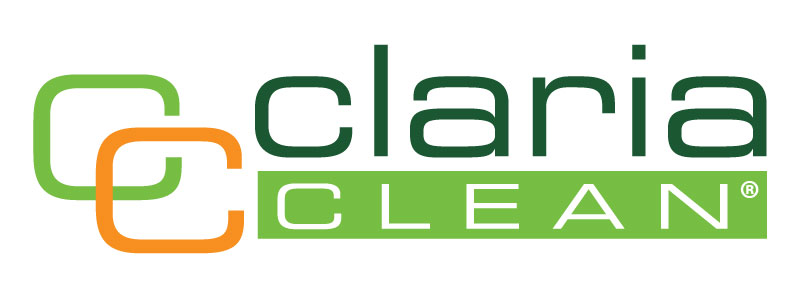Quick tips for when an emergency happens.
Sometimes in facility management, messes, disasters or emergencies happen – no matter how much you’ve prepared ahead of time.
Here are three quick tips you can use to minimize disruption, reduce downtime, and save money when an emergency happens.
- Utilize volunteers or employees in your network to take part in the cleanup
Most facilities we work with utilize internal staff or volunteers for a large portion of their maintenance and property work. In the event of a building emergency, consider utilizing those same people to work under the direction of, or alongside, your emergency vendors.
Before the emergency, make sure you can contact this group quickly in the event of an emergency by setting up a contact list with each member’s name, email and phone number.
2. Investigate pricing and services with emergency vendors beforehand
Most vendors who provide emergency building services – like plumbing, heating, cooling, restoration and construction – are happy to discuss and document expectations, pricing, and services should you need them.
Before the emergency, make a list of vendors you might need to call, and get contracts in place that establish expectations and pricing. That way, you won’t receive inflated quotes just because you’re in the middle of a crisis.
3. Establish a clear chain of command quickly
Emergencies somehow seem to happen when it’s least convenient for you and your facility – often on weekends, holidays, or when the main point of contact is on vacation or sick. In those situations, precious time is often wasted on determining who to contact and who has authority to give the “green light” for repairs.
Before the emergency, determine who on your team will be the clear point of contact for vendors and decision-making, including a second and third person if the prior decision-maker is not available. Make sure all interested parties know the point person in order to reduce wasted time, money, and communication.
